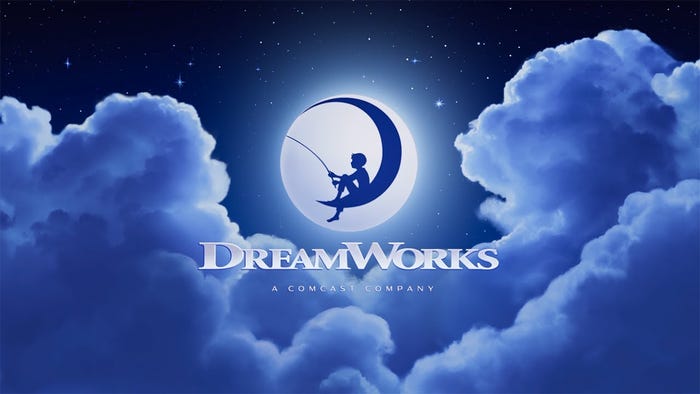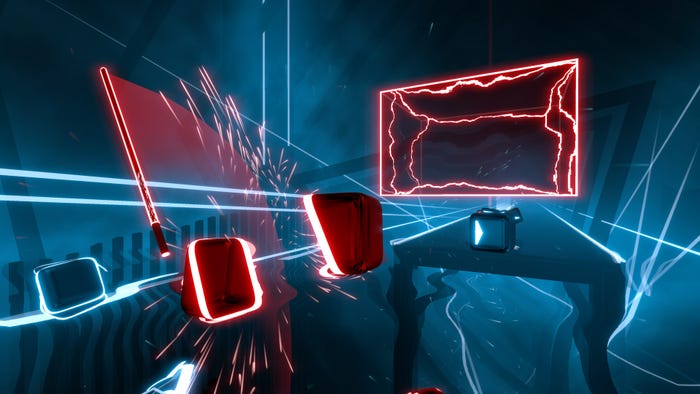
Featured Blog | This community-written post highlights the best of what the game industry has to offer. Read more like it on the Game Developer Blogs.
The price psychology, aka ¥€$!
Sales are in part attractive because new high quality games are getting more buggy. Patch later to be in time for christmas or the end of the financial year. People get burned buying full price games, that's a big problem.

In general I'm not one to talk much about prices of videogames or worry about the price of my own games. That certain games get created is endlessly more important to me. It doesn't mean I don't pay attention to it or that I don't do calculations. What I care about for instance is the effect pricing and marketing have on people, their expectations and behavior, because those are changing. The consumption machine that gets created through this seems to be a pretty single minded creature.
Don't get me wrong, pricing has been an issue for far longer, I vaguely remember Jonathan Blow getting some flack for pricing Braid at $15, and Konjak getting some similar responses for the initial $20 price of Noitu Love 2. But this year started out with some good discussion on the subject.
General background
There's always been a lot of discussion about prices of videogames. In the days of the Nintendo & Sega cartridge consoles like the NES and Megadrive/Genesis, prices for videogames were for a large part determined by the prices of memory hardware (rom). The bigger the game, the more memory was needed, and that's a relatively expensive component, it still is. Non cartridge based games didn't have this problem as much so there was always a gap in pricing between console and pc games. But that gap never really closed when consoles moved to a disc based medium. And now that games are going digital and are leaving behind physical components and shelf space entirely we get to see what remains of game prices with most other factors cut out. (There's still plenty of things besides just the bare development costs of course, like: marketing, digital distribution, portals, payment systems, digital publishers etc.)
But as the market gets more saturated there's more competition and prices tend to drop, or drop more quickly. We could see this in the race to the bottom with mobile games. A large part of the audience was more interested in buying a $1 app that makes fart noises than a game. Still, game developers as well as anybody else wanted a piece of the market so prices dropped to the point where surviving depends more on a combination of luck and marketing tactics. In addition, digital games are basically always available so they accumulate and saturate the market even more, once again making it a lot harder to eke out an existence creating new games. This is a reason why existing games get ported or cloned, it's a relatively cheap way of making money.
At the same time technology keeps advancing, a couple of months ago for instance, new videogame consoles were released. With new consoles come new promises of course, so consumers' expectations rise, and it's up to the developers to create new content that's up to par. Which raises developments costs exponentially, which logically should also raise the price of games. But that's pretty disconnected, just like with the transition from cartridge to cd-rom. Which is why developing large state of the art games becomes a very risky business unless your marketing budget is phenomenal.
In between are the games that are what they are, and were very much intentionally created so. Most don't really focus on maximizing technology, or optimizing revenue. They'd rather all have their own style, and their own way of approaching and doing things. So they're hard to compare, which can be confusing to consumers and for those reasons these games often struggle with prices.
If you have to make a living you simply go where the market goes. On PC, steam is very popular, certain bundles are very popular. And a large part of their popularity is due to their sales events. And sales are pretty evil.
Author: J.J. (license)
Going way beyond games, sales have been experimented with and have been studied for years. They work. It's not so much about the actual object or service that's sold but more about making the consumer aware that they have this great opportunity and that they have to decide on this right now. It's about giving the consumer the feeling that they struck a phenomenal bargain. It barely matters if that's toilet paper or a house. Or a game. 80% off. That matters.
Is the game any good? What?
With digital goods and services like games that can be copied endlessly, there's a lot of room to experiment with sales effects, especially when the initial investment for creating a game has already been recouped. The higher the bargain, the better. Which is why 80% off has become pretty normal, expected even during certain sales. This impacts consumers tremendously of course and, for many of them, sets their expectations across the board. Which is pretty much impossible to compete against or keep up with if you don't already have a number of profitable videogames for sale.
On the consumer side people buy more and more games because of this but as a result they barely play them, for a lot of steam users for instance it's common to have a library of games they've never played. The feeling of getting a good deal and simultaneously building up this library is not to be underestimated. As a side-effect consumers often say that others who buy games at the normal price are dumb. People don't want to feel dumb, but rather smart for making a good deal, so consumers therefore also wait for prices to drop.
A thing that might happen in response to this is that the normal prices for games simply go up, so that the discounts can be even greater. Remember, it's not about the actual bottom price but about the size of the discount. 95% is a bigger deal than 80%. Who cares if the price is still the same $5?
Personal view
So it's this weird manipulative and partially artificial market. It takes full advantage of impulse buying tendencies and negates the content of what is sold. As a creator of course I care more about the quality and content of a game and prefer to treat consumers with respect. Luckily I'm not the only one who thinks like this, but unfortunately I don't have a library of profitable games to live off of.
With AnimalAlbum I have set a goal to reach about 1000 people. More is always great of course but we'll see how it goes. I've set the normal price at about $12, partially because it fits the market, but also because if I do reach that goal, I might be able to start making a living off of it. Of course the development costs are much higher than that, but in the long run that should normalize and work out.
As far as sales are concerned I intend to keep the price about the same. The game won't get less valuable over time and I don't want to push people into worrying about getting a bad deal. Because I know that feeling. A long time ago as a kid I saved up all my money for an entire year in order to buy the first megaman game for the nes. And years last a really! long time when you're young. I realize things don't work that way for most of us nowadays but I do think it's important to treat your investment with respect. You worked to earn that money right? I respect that.
But sales are disastrous for that, if a week after you bought a game it gets discounted, it basically treats half of your money like it was worthless. I don't want that, so I'll give you a guarantee that you don't have to worry about it: If you buy AnimalAlbum early you will get it at the lowest price it will ever be, it will never go below that. The game is worth it and will have a demo so you can see for yourself.
Some final thoughts
In the eighties there was a big crash in videogame land, everybody had been making games and the market got flooded with cheap, buggy and crappy products among a few good ones. Then it simply got to be too much, suddenly nobody wanted them anymore. Until Nintendo came with consistent high quality games, with a "seal of quality", for a high price. That's a big reason for why there's still a market for videogames today.
Part of why sales are attractive is because new games that are supposed to be of a consistent high quality have problems. Digital updates are making it easier to ship games in a worse state than before, but in time for christmas or the end of the financial year or other deadlines. So people get burned buying full price games, that's a big problem.
So I hope the industry recognizes this and can keep games on a high quality level and keep their prices related to that.
To wrap it up, here are some links to a couple of good discussions on these subjects:
- A good consumer reaction can be found here on Reddit.
- A great moral response to this was by developer Jason Rohrer from games like Passage and the Castle Doctrine.
- And yesterday Cliff "Cliffski" Harris also made a post about sales effects, he's the developer behind the Democracy series.
Read more about:
Featured BlogsAbout the Author(s)
You May Also Like













